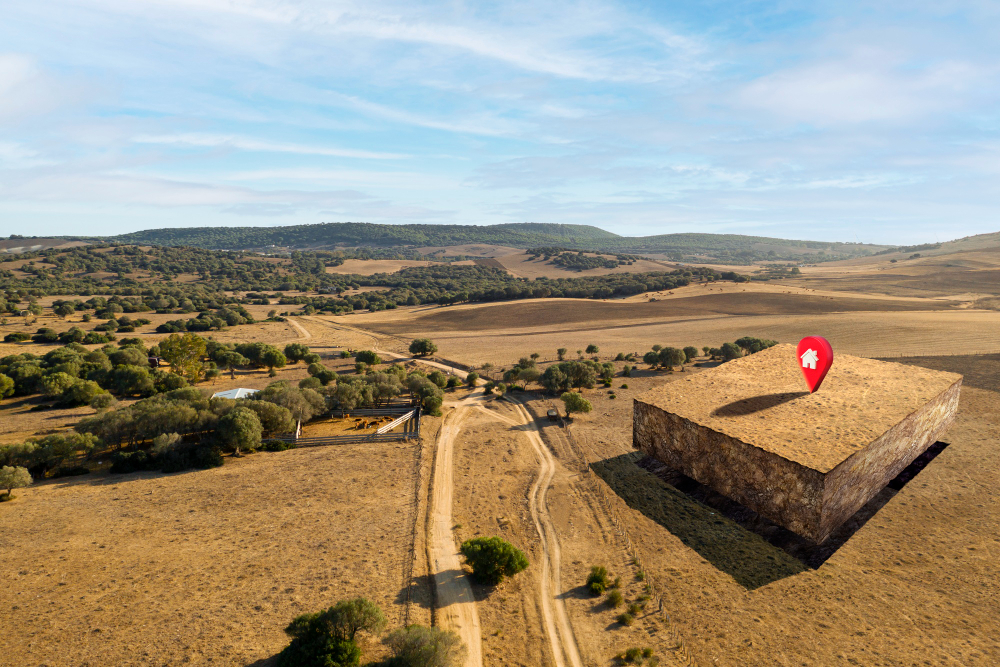1. Introduction to Land Ownership in Bangladesh
Land ownership in Bangladesh has deep legal, cultural, and economic significance. With growing urbanization and rising land prices, ensuring the legitimacy of ownership is more critical than ever.
Bangladesh has a layered process for land verification. From traditional manual checks to modern digital solutions, the system is evolving to make access more seamless.
2. Why Verifying Land Ownership Is Important
Ensuring legal ownership of land is crucial for avoiding disputes, fraudulent claims, and financial losses. It also safeguards against illegal encroachments.
For buyers, thorough verification prevents costly mistakes. For existing owners, regular checks ensure your property remains secure against legal challenges.
3. Understanding Land Records in Bangladesh
Bangladesh maintains several types of land records, including the Record of Rights (ROR), mutation records, and survey maps. These documents collectively confirm ownership.
The ROR is the most critical document as it lists the legal owner of the property. Mutation records show ownership transfers, while survey maps detail land boundaries.
4. Documents Required to Check Land Ownership
Before you start the verification process, gather the following key documents:
- Original Land Deed (Dalil): The primary proof of ownership.
- Mutation Certificate: Confirms ownership transfer.
- Khatiyan (Record of Rights): A detailed record of the property's history.
- Land Tax Receipts: Proof of regular tax payment.
Having these documents ready ensures a smoother process when visiting land offices or using online services.
5. Where to Start: Local Land Offices
The local land offices or Upazila Land Offices are the first stop for verifying land ownership. These offices maintain physical records of all properties in their jurisdiction.
Visit your local land office with the required documents. A land officer will guide you on obtaining certified copies or verifying ownership details.
6. Utilizing Online Services to Check Land Ownership
Technology has simplified land verification in Bangladesh. The Ministry of Land's Land Information System (LIS) is a pivotal resource.
Access the LIS portal (Ministry of Land website) to check land ownership online. You'll need the plot and khatiyan numbers. The system provides access to updated land records, reducing the need for in-person visits.
7. How to Verify a Record of Rights (ROR)
The ROR is a key document that establishes ownership and legal rights. To verify it:
- Visit the Land Office: Request a certified copy of the ROR.
- Cross-Check with Survey Records: Ensure the ROR matches survey maps.
A validated ROR is vital for legal transactions and safeguarding against disputes.
8. Checking Mutation Records
Mutation records confirm the transfer of ownership from one party to another. Verifying these records ensures the property was legally transferred.
Visit the Sub-Registrar's Office to confirm mutation details. Alternatively, use the online portal for a quicker review. Always cross-check with tax receipts and the khatiyan.
9. Examining Survey Maps and Records
Survey maps provide detailed information about property boundaries, size, and location. These maps are essential for ensuring there are no discrepancies.
To access survey maps, visit the District Record Room or the Ministry of Land's online services. Comparing survey data with the ROR ensures accuracy.
10. Understanding the Role of the Ministry of Land
The Ministry of Land oversees all land-related records and disputes in Bangladesh. Its initiatives, such as digitalization, have made access to land records more efficient.
You can approach the Ministry for guidance on complex cases or to escalate disputes that local offices cannot resolve.
11. Legal Support for Land Ownership Verification
If you encounter discrepancies or fraudulent claims, consulting a property lawyer is advisable. Lawyers can assist in verifying documents, filing legal claims, and resolving disputes.
Legal support ensures that you navigate the verification process smoothly, especially for high-value or disputed properties.
12. Common Challenges in Verifying Land Ownership
Verifying land ownership in Bangladesh comes with its fair share of challenges, even as the country works towards digitalizing land records. These hurdles can make the process feel overwhelming if you’re not prepared.
One common issue is inaccurate records, often caused by outdated manual entries that haven’t been properly updated. This can lead to discrepancies between what’s in the documents and the actual land details. Another major concern is fraudulent claims, such as fake deeds or forged documents, which can put your ownership at risk. Finally, bureaucratic delays are a frequent frustration, with long waiting times at local land offices slowing down the process.
To overcome these hurdles, it’s essential to stay prepared and persistent. Knowing what to expect and having your documents in order can save time and reduce stress. The key is not to give up when facing delays or complications—staying informed and proactive will help you navigate the system.
13. Tips for Avoiding Land Ownership Disputes
Disputes over land ownership can be messy and time-consuming, but you can avoid most of them by being proactive and organized. Managing your land documents carefully is the first step to ensuring everything stays in order.
Start by maintaining updated records, including mutation certificates, tax receipts, and other ownership-related documents. Keeping these current will make it easier to prove your ownership if ever questioned. Before purchasing any property, always verify the Record of Rights (ROR), mutation records, and survey maps. Skipping this step can lead to costly mistakes later.
Finally, don’t hesitate to engage professionals, such as surveyors or property lawyers, for added confidence. They can help verify documents, check for legal issues, and ensure everything is in line with current regulations. While it might cost a bit upfront, it’s worth it to avoid bigger problems in the future.
15. Final Thoughts on Checking Land Ownership



